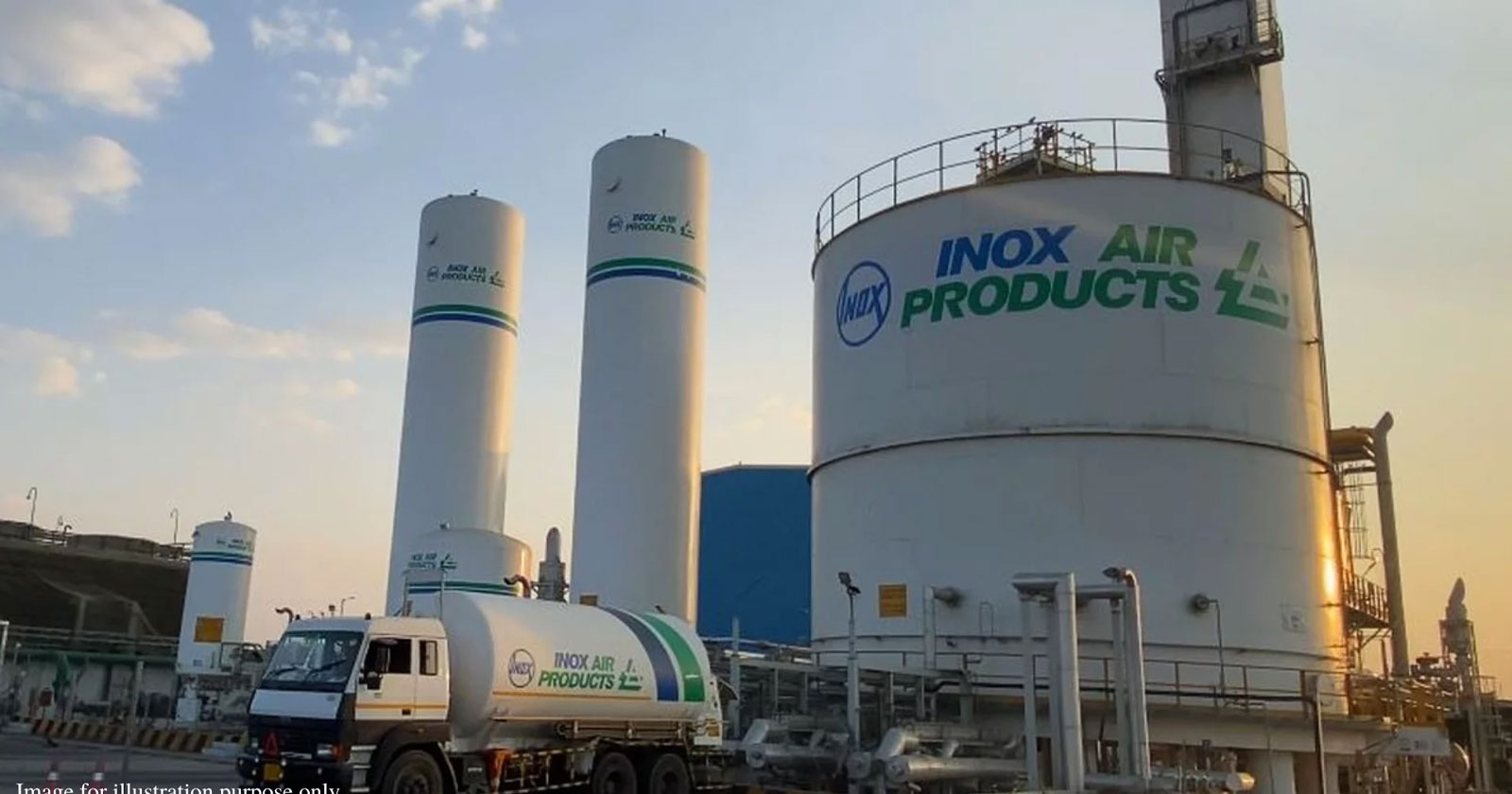Service Tax Not Payable on Use of Foreign Technology or Trademarks Not Registered Under Indian Law: CESTAT [Read Order]
CESTAT held that service tax is not payable on the use of foreign technology or trademarks not registered under Indian law, setting aside the demand
![Service Tax Not Payable on Use of Foreign Technology or Trademarks Not Registered Under Indian Law: CESTAT [Read Order] Service Tax Not Payable on Use of Foreign Technology or Trademarks Not Registered Under Indian Law: CESTAT [Read Order]](https://images.taxscan.in/h-upload/2025/11/03/2101876-cestat-chennai-service-tax-foreign-technology-taxscan.webp)
The Chennai Bench of the Customs, Excise, and Service Tax Appellate Tribunal (CESTAT) ruled that service tax is not payable on the use of foreign technology or trademarks that are not registered under Indian law.
Real Image Media Technologies Private Limited, the appellant, is engaged in sound recording and production services. The appellant entered into a Production Services Agreement with DTS Inc., a company incorporated in the United States, under which it was appointed as a non-exclusive provider of production services for films released in India.
The agreement allowed the appellant to use DTS’s imported equipment, technology, and trademarks to create DTS soundtracks and pay a licence fee for each soundtrack produced.
 Also Read:Exempted Supplies made to ICB-based Petroleum Project: CESTAT quashes ₹87 Lakh Excise Demand [Read Order]
Also Read:Exempted Supplies made to ICB-based Petroleum Project: CESTAT quashes ₹87 Lakh Excise Demand [Read Order]
The adjudicating authority held that the appellant had imported intellectual property services from DTS Inc. and was liable to pay service tax under the reverse charge mechanism. Aggrieved by the order, the appellant filed an appeal before the CESTAT.
The appellant’s counsel argued that the technology and trademarks used under the agreement were not registered in India under any Indian intellectual property law and, hence, could not be treated as “intellectual property rights” for the purpose of taxation.
The department’s counsel argued that the agreement’s main objective was to grant the appellant the right to use DTS technology and trademarks, and that these rights were protected under the Indian Patents Act and Trade Marks Act. The counsel argued that the payments made to DTS were clearly for the use of intellectual property and were liable to service tax on a reverse charge basis.
 Also Read:CESTAT Questions Denial of CENVAT Credit on Inox Air’s Evaporative Loss of Liquid Gases During Transit, Remands Matter [Read Order]
Also Read:CESTAT Questions Denial of CENVAT Credit on Inox Air’s Evaporative Loss of Liquid Gases During Transit, Remands Matter [Read Order]
The two-member bench comprising P. Dinesha (Judicial Member) and Vasa Seshagiri Rao (Technical Member) observed that the adjudicating authority’s findings were not supported by evidence. It explained that for an intellectual property service to be taxable under Section 65(55a), the right must be recognized under Indian law.
The tribunal pointed out that the authority had made a bald statement that the IPRs were covered under Indian statutes without any proof of registration or inquiry.
The tribunal held that there was no evidence to show that the DTS technology and trademarks were registered in India but the services could not be treated as intellectual property services. It explained that without registration under Indian law, such rights do not qualify as taxable IPR under the Finance Act. The tribunal set aside the demand, interest, and penalties.
Support our journalism by subscribing to Taxscan premium. Follow us on Telegram for quick updates


